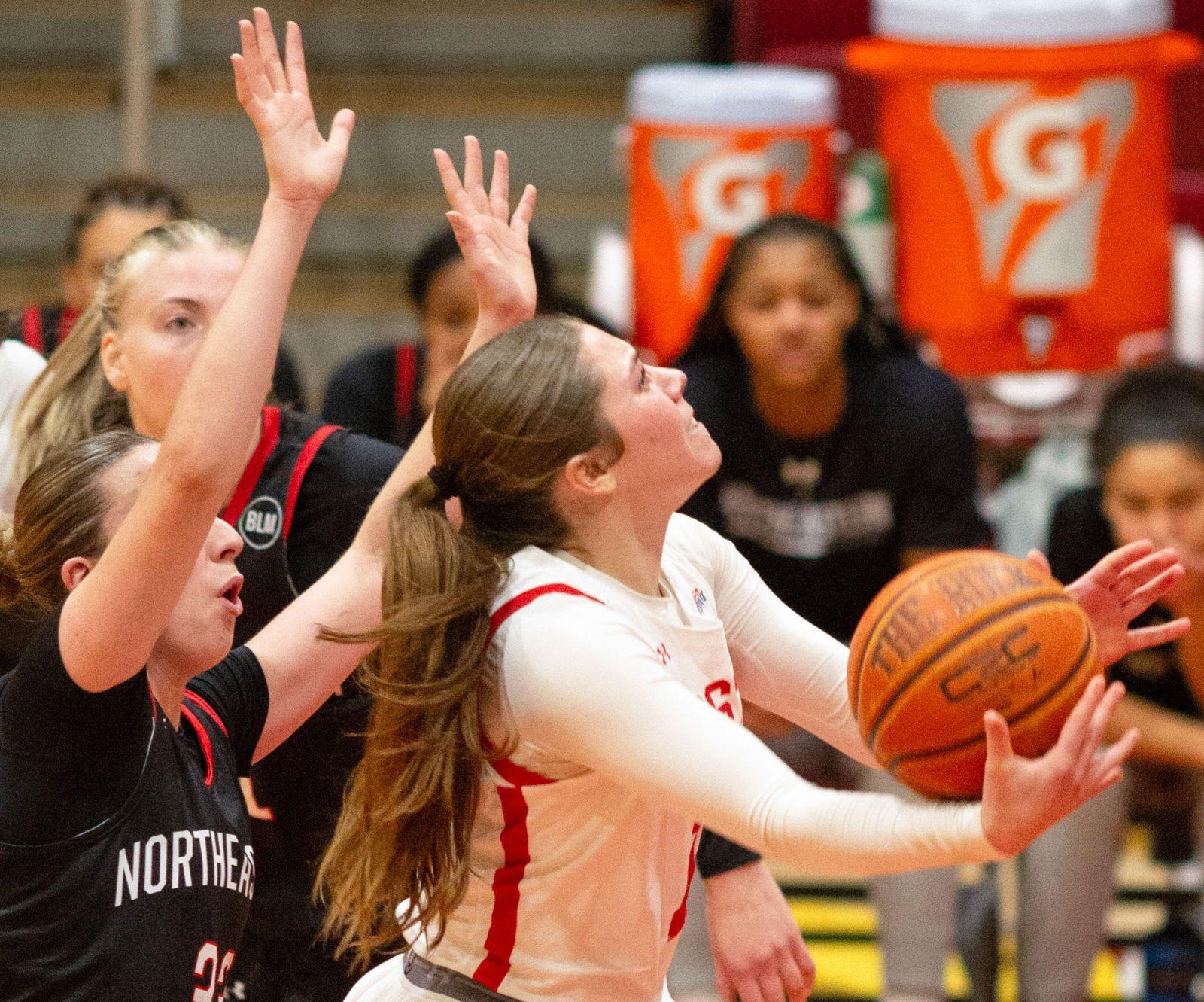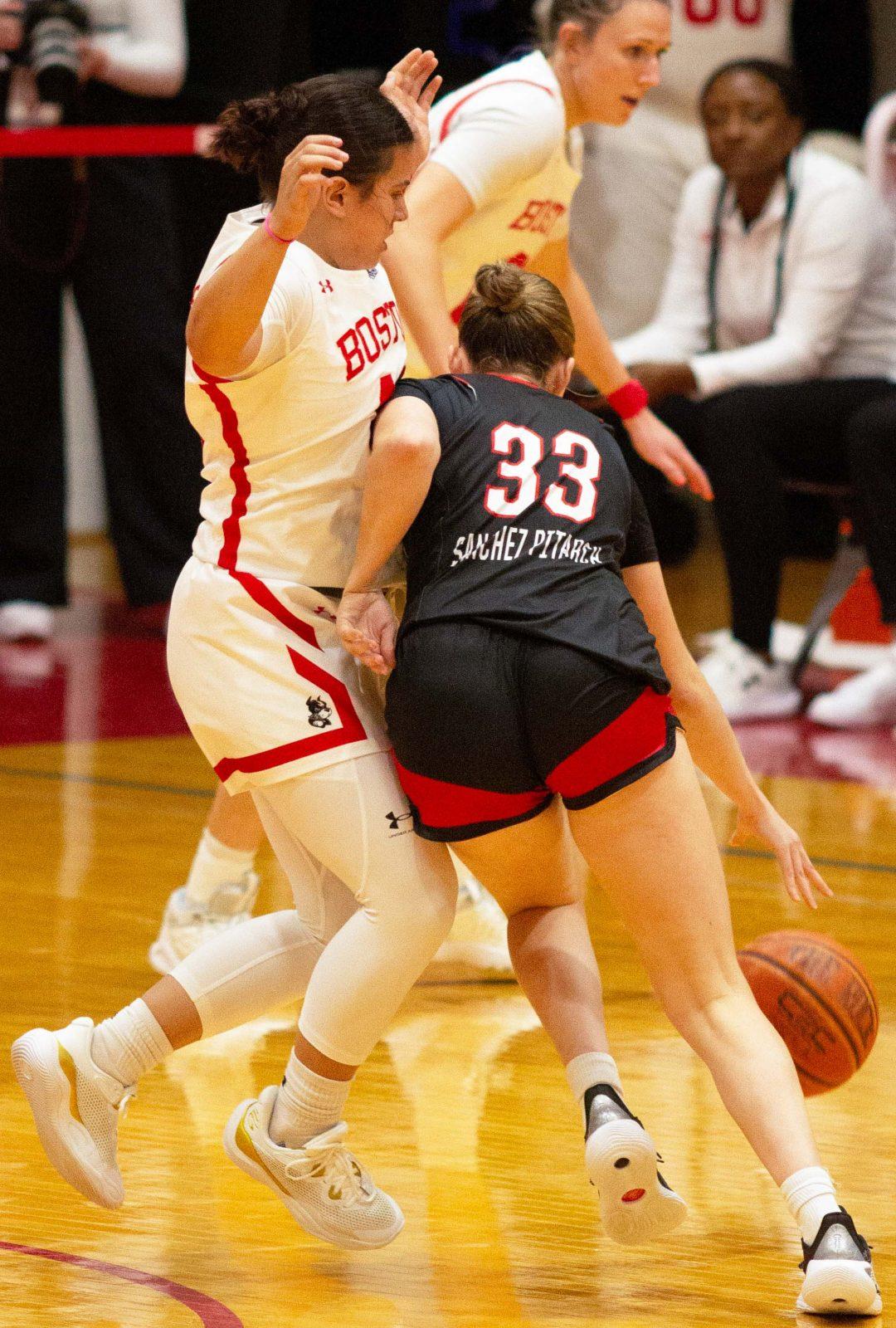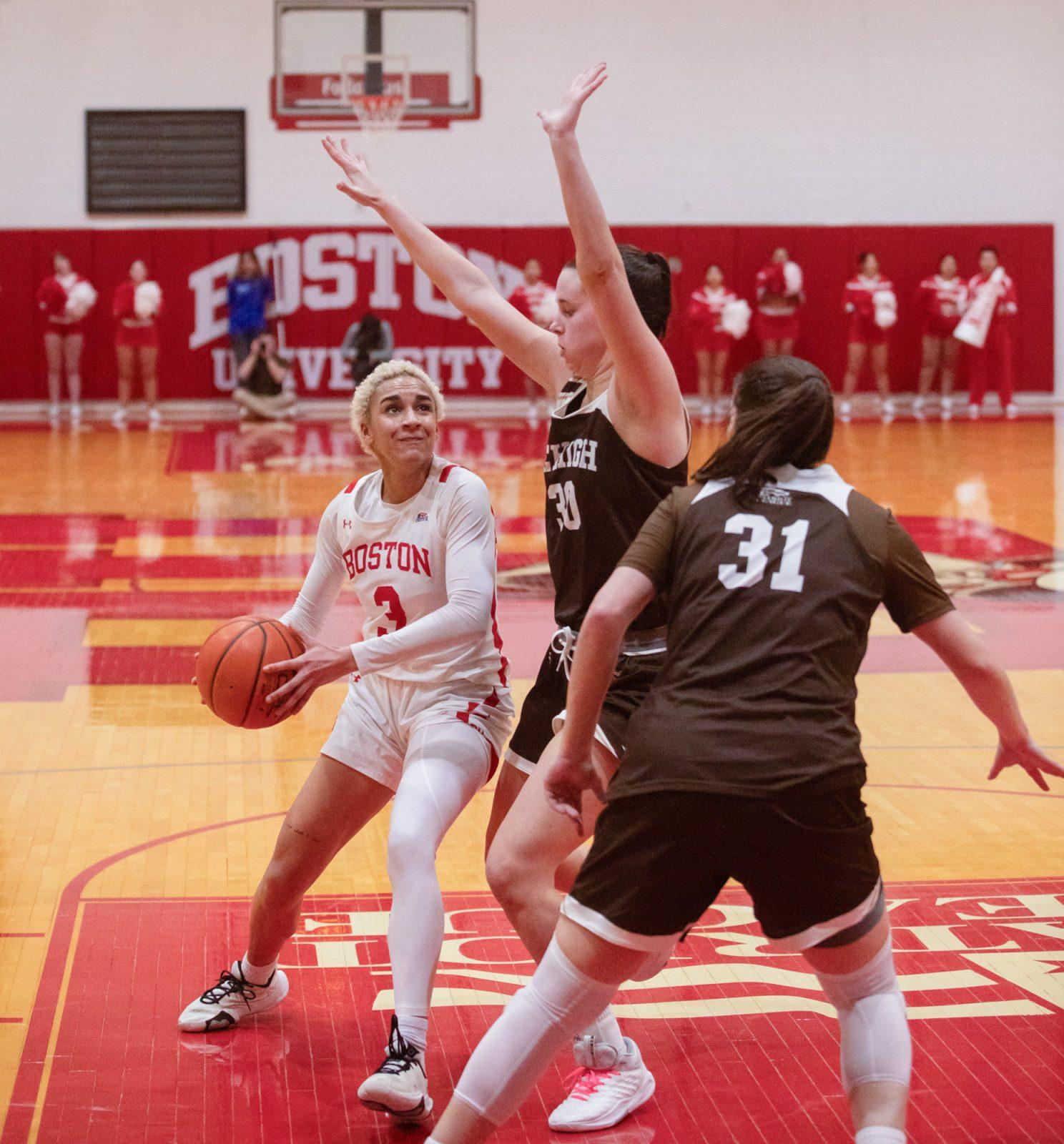“Everybody is just very tired of the BCS. I think that’s the bottom line. Everybody is frustrated. Everybody doesn’t really know what to do anymore. It doesn’t make sense to anybody. I don’t think anybody is happy anywhere.”
These are the venom-laced words of scorned Boise State University head coach Chris Petersen, following the BCS bowl announcements on Sunday. Clearly, Petersen is upset– and understandably so. With the unveiling of the bowl matchups, came the harsh reality that his 11-1 Broncos were left out of the BCS picture and its subsequent $18 million payout.
As a result, they were relegated to an embarrassing appearance in the MAACO Bowl in Las Vegas, which undoubtedly sparked the temper tantrum-like smearing of the current bowl selection system.
Now, let me be clear, I am no great fan of the BCS system – at least in its current incarnation. Like the majority of college football fans, I long for the unquestioned excitement that would come with a playoff system. Is this feasible, given that the existing system and its corresponding sponsorships essentially prints money for the NCAA? No, probably not. Nevertheless, it’s nice to think about.
All that being said, Petersen’s sentiments fall on deaf ears with me for a number of reasons.
First of all, Boise State is the perfect case study for those that defend the BCS process. In lieu of a playoff to determine the best teams in the country, the BCS uses a system that judges the merits of each team based on a season-long body of work. Basically, the teams with the fewest blemishes make the cut. As a result, each team must treat every game like it is win-or-go-home.
Boise State lost at home to a two-loss Texas Christian University team. When you play in the Mountain West Conference, you need to be perfect in order to have a shot at the big bowls. The Broncos were not. It may be a harsh reality, but that doesn’t make it any less real. Sorry, coach.
Now, are there other teams that have been similarly disdainful in regards to selection of the BCS games? Sure. For instance, Michigan State University has been particularly boisterous in their objections to the process.
Following a 42-39 loss to the University of Wisconsin in the Big Ten championship game, the Spartans find themselves on the outside looking in. Adding insult to injury – rival University of Michigan secured a spot in the Sugar Bowl, despite losing soundly to State earlier in the season.
In response to the alleged snub, Michigan State quarterback Kirk Cousins said, “Michigan sat at home on the couch and watched us. I don’t see how you get punished for playing and someone else gets to sit on the couch and get what they want. If this is the way the system is, I guess it’s a broken system.”
On the surface, he seems to have a good point. That doesn’t seem right. However, upon further review – Michigan State finished at 10-3. With losses to the University of Notre Dame, the University of Nebraska and Wisconsin, they are simply not BCS worthy.
Not surprisingly, this is the prevailing theme between all the teams that are complaining about being left out. Lost amidst the consistent string of vitriolic statements is the reality that most teams had a chance to remove doubt from the equation, but could not deliver on the field. In my opinion, the comments are not indicative of a broken system per se, but of a mob mentality emerging from a large number of teams unable to come to grips with the fact that they simply did not perform up to par.
In fact, one needs not look any farther than the University of Arkansas for the true barometer of the system. If anyone has a legitimate reason to be upset about being left out of the BCS games, it is the Razorbacks. They finished a daunting Southeastern Conference schedule at 10-2, with their losses coming against the University of Alabama and Louisiana State University – the two teams playing for the national championship.
Given that resume, one could conceivably make the argument that they are the third best team in the nation. It would not be unreasonable to say so. However, not only is this not the case – they have been left out of the BCS picture entirely. Despite this, while Chris Petersen holds up his team’s laughably mediocre resume, demanding inclusion, Arkansas head coach Bobby Petrino has chosen to silently take his lumps. Undoubtedly, he is now more worried about the potential of next year, rather than what-might-have-been this year.
This is indicative of everyday life in the SEC, and by proxy, the reason why the BCS got it right in 2011.
For the last six years, the SEC has been by far the most dominant conference in the country. While other powerhouse schools can look at their schedule and count wins against bottom-feeders before the season even starts, there are no easy games in the SEC. As a result, the entire conference has been forced to embrace that win-or-go-home mentality wholeheartedly. No two teams took that to heart more than Alabama and LSU.
As Tim Tebow so eloquently said – iron sharpens iron. And this year’s national championship is a testament to that. While other contenders fell by the wayside in weaker conferences, Alabama and LSU weathered the SEC storm.
You can argue about the entertainment value of a defensive showdown, or against the philosophical idea of a rematch for the national championship – but what cannot be disputed is that the two best teams in the country are Alabama and LSU.
In response the backlash that is the latest installment of BCS drama, BCS executive director Bill Hancock responded – “I think Alabama’s earned their way into this game. Once again, I think the BCS has delivered. We’ve got the best two teams in this game and obviously, the media who votes in the AP poll, agrees with it . . . Alabama lost to the No. 1 team by a field goal, at home, in overtime, and, bless their heart, Oklahoma State lost to a team with a .500 record.”
While those in East Lansing, Mich., and Boise, Idaho bemoan the decisions of the BCS based on their own selfish and regret-tinged sentiments, they have lost sight of the reality of the bigger picture – at the end of the day, the BCS is most importantly about picking who plays for the national championship.
Given the two teams that will play for the title on Jan. 9, it is clear that the system is not entirely broken.

























































































































